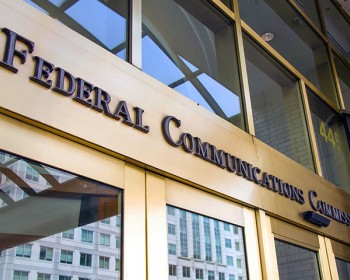
Advocacy Issues
What Are Robocalls?
Robocalls are phone calls that use a computerized auto-dialer to deliver a pre-recorded message. In certain circumstances, robocalls can be used legally and even perform important functions, such as school alerts. However, in recent years, malicious robocallers using caller-ID “spoofing” have tricked consumers into answering calls made to perpetrate a scam, such as posing as a government employee to obtain sensitive personal data.

From the Federal Communications Commission (FCC)

From the Federal Trade Commission (FTC)
What should consumers do if they get an illegal robocall?
The Federal Trade Commission (FTC) recommends that if you receive a robocall, simply hang up.
- Never respond to a robocall
The FTC warns consumers not to press any number to speak to a live operator or to unsubscribe from the list. It tells the robocaller that it’s reached a live number. - Don’t give out personal information
If you receive an unsolicited call from any company, including one you do business with, tell them that you will not give them information until you verify the call is legitimate and then call the phone number you know or that you get from the company’s website. - Ask your phone company to block the number
Your carrier may be able to block certain numbers, although robocallers frequently change and disguise their numbers. - Use technology to block calls
Various companies offer products or services that help you control what calls ring on your phones. They range from mobile apps for wireless phones to devices you can plug into your home phone jacks in order to block robocalls to your wireless phone. - Report unwanted calls.
The FTC encourages consumers to report unwanted calls to www.donotcall.gov or (888) 382-1222. Complaints may also be filed with the FCC online or (888) CALL-FCC (888-225-5322).
If you have made a payment or given information to a robocaller and suspect it may have been a scam, this Federal Trade Commission video explains how to file a complaint.
